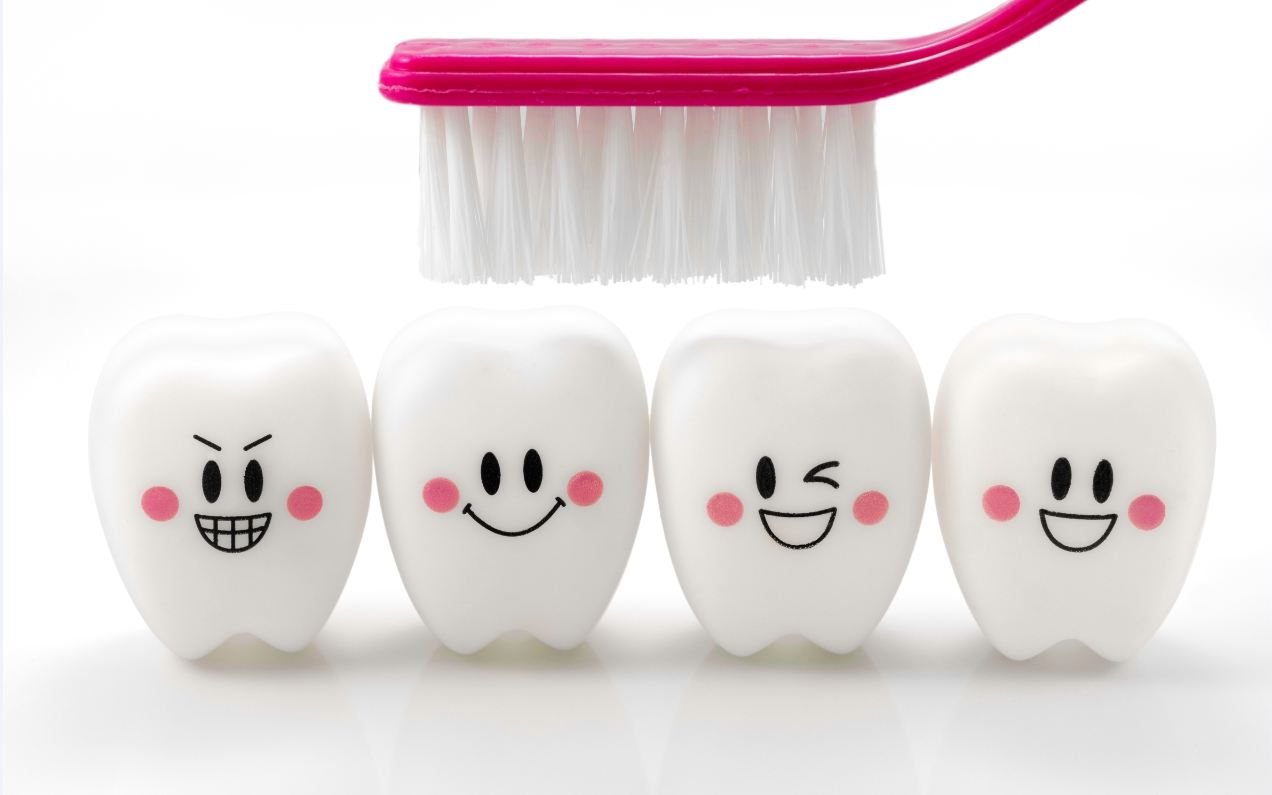Toothache, also known as dental pain is a pain in or around our tooth or their supporting structures caused by dental diseases or pain referred to the teeth by non-dental diseases. it may impact sleep, eating, and other daily activities when is is severe.
Causes of Tooth Pain
The nerve of the tooth is located in the pulp of the tooth, which is the nerve bundle of the central blood vessels of the tooth. There are two types of dental neuralgia:
Medullary sensitivity: if your nerve pain is concentrated in one tooth, the problem is likely to affect the pulp. The causes of neuralgia of teeth that affect the pulp include: broken teeth, lost teeth, decayed or infected teeth, recent dental fillings, and pressure from gnashing or grinding teeth.
Dentine sensitivity: dentine sensitivity refers to the more common neuralgia in teeth.Neuralgia occurs when tooth enamel is damaged or eroded, and external stimuli, such as heat, cold, and acid, reach nerve endings in the dentine layer of the tooth. Causes of dentine sensitivity include the use of tooth whitening products, gingival recession and untreated tooth decay.In addition, brushing too hard, recently gingival surgery exposed the root of the tooth can cause nerve pain.
Symptoms of Tooth Pain
Sharp, throbbing, or constant pain. In some people, pain results only when pressure is applied to the tooth.
- Tooth Swelling
- Fever or headache
- Foul-tasting drainage from the infected tooth
- Lingering pain following a stimulus and spontaneous pain in the latter
- Associated with bleeding and pain when brushing
Toothache & Tooth Pain Relief
In most cases tooth pain relief will require the intervention of a dentist in order to treat the underlying dental condition causing the tooth pain. For problems like an early tooth decay and tooth sensitivity, a simple dental filling may be enough to stop the toothache. Endodontic therapy (root canal treatment) is necessary when the pulp of the tooth is affected or a tooth abscess is formed. If the tooth is too damaged or a root canal has failed to stop a tooth infection, tooth extraction may be needed to stop the tooth pain.
Tooth Pain Prevention
Since most toothaches are the result of, following good oral hygiene practices can prevent toothaches. Good oral hygiene practices consist of brushing regularly with a fluoride-containing, flossing once daily, rinsing once or twice a day with an antiseptic mouthwash, and seeing your dentist twice a year for professional cleaning. In addition to these practices, eat foods low in sugar and ask your dentist about and fluoride applications.
Tooth Pain Treatment
Depending on the cause of your tooth nerve pain, there are several possible dental procedures that can solve the problem.
Treatment for a toothache depends on the cause. If a cavity is causing the toothache, your dentist will fill the cavity or possibly extract the tooth, if necessary. A root canal might be needed if the cause of the toothache is determined to be an infection of the tooth’s nerve. Bacteria that have worked their way into the inner aspects of the tooth cause such an infection. An antibiotic may be prescribed if there is fever or swelling of the jaw.




